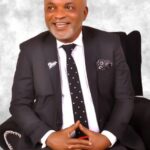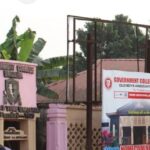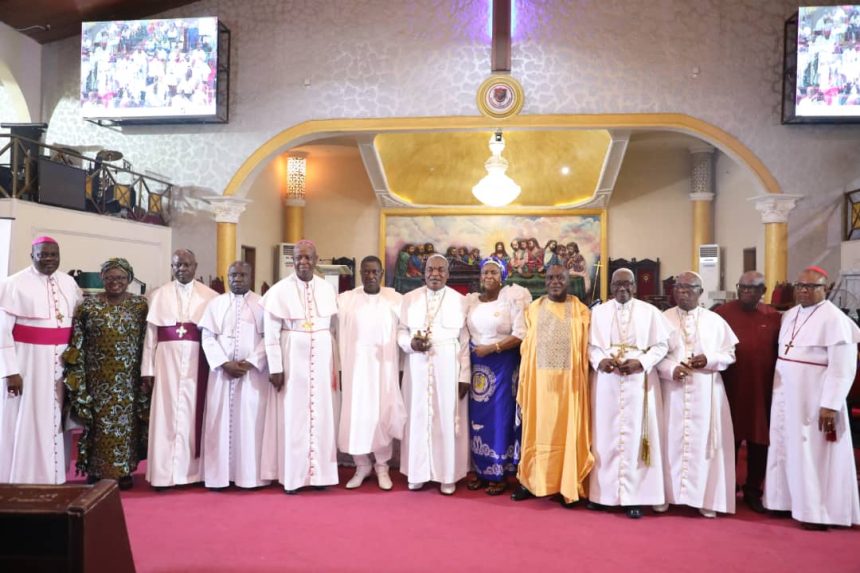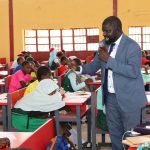President Bola Tinubu has praised the Methodist Church Nigeria (MCN);for its historic contributions to the growth and development of the country, highlighting the church’s role in producing some of Nigeria’s foremost leaders through its educational institutions.
Tinubu, represented by the Secretary to the Government of the Federation (SGF), Sen. George Akume, delivered the commendation on Tuesday at the opening session of the 42nd Council of Bishops held at the Methodist Cathedral of Unity in Wuse, Abuja.
According to Tinubu, many of the nation’s most respected and credible leaders, including Dr Nnamdi Azikiwe and Chief Obafemi Awolowo, were products of Methodist schools.
“Most of the credible leaders ever produced in the country, including Chiefs Nnamdi Azikiwe, Obafemi Awolowo, and others, were the product of Methodist schools,” he said.
The President noted that the Methodist Church Nigeria has been deeply involved in advancing civilization, education, social welfare, and progress across the country, especially through its pioneering efforts in establishing schools.
His Eminence, Dr Oliver Ali Aba, Prelate of the Methodist Church Nigeria and Vice President of the Africa Methodist Council, expressed deep appreciation to the government and people of the FCT for their warm hospitality.
Aba extended special gratitude to President Bola Tinubu and FCT Minister, Nyesom Wike for their leadership, as well as to the Archdiocese of Abuja for hosting the historic gathering.
“I am proud to be exposed to the FCT where good things continue to happen and where we keep enjoying relative harmony.
“Abuja, a miniature Nigeria, is home to a large concentration of all ethnic nationalities and countries of the world. It remains a place of delight to all Nigerians,”he remarked.
On the State of the Nation, the Prelate identify hunger, inflation, and insecurity as the three major challenges plaguing the country.
He called on all levels of government to confront these issues with “honesty and seriousness,” warning that no nation can thrive in the face of such adversity.
“As a Church, we urge those concerned to confront these anomalies frontally. The time for action is now,” he said.
Highlighting the legacy of the Methodist Church Nigeria, which predates the creation of the Nigerian state in 1914, the Prelate reaffirmed the Church’s long-standing partnership with governments over the years.
He emphasised that the Church carries a burden for good governance—one that must be shared with every Nigerian through prayer and civic responsibility.
The 42nd Council of Bishops brings together the church’s top leaders to deliberate on matters of faith, social issues, and national development, reaffirming the church’s longstanding commitment to shaping Nigeria’s moral and educational foundations











